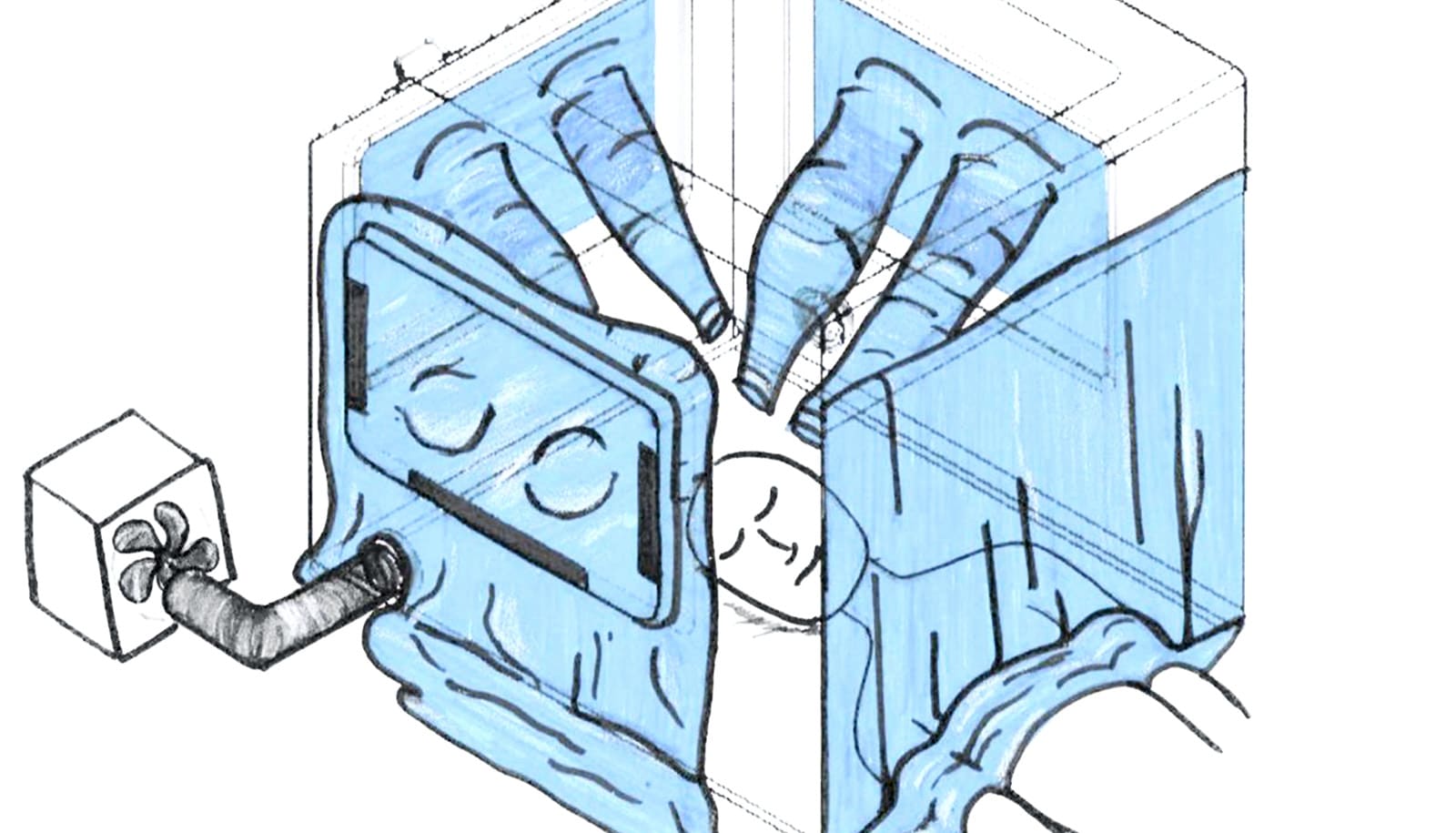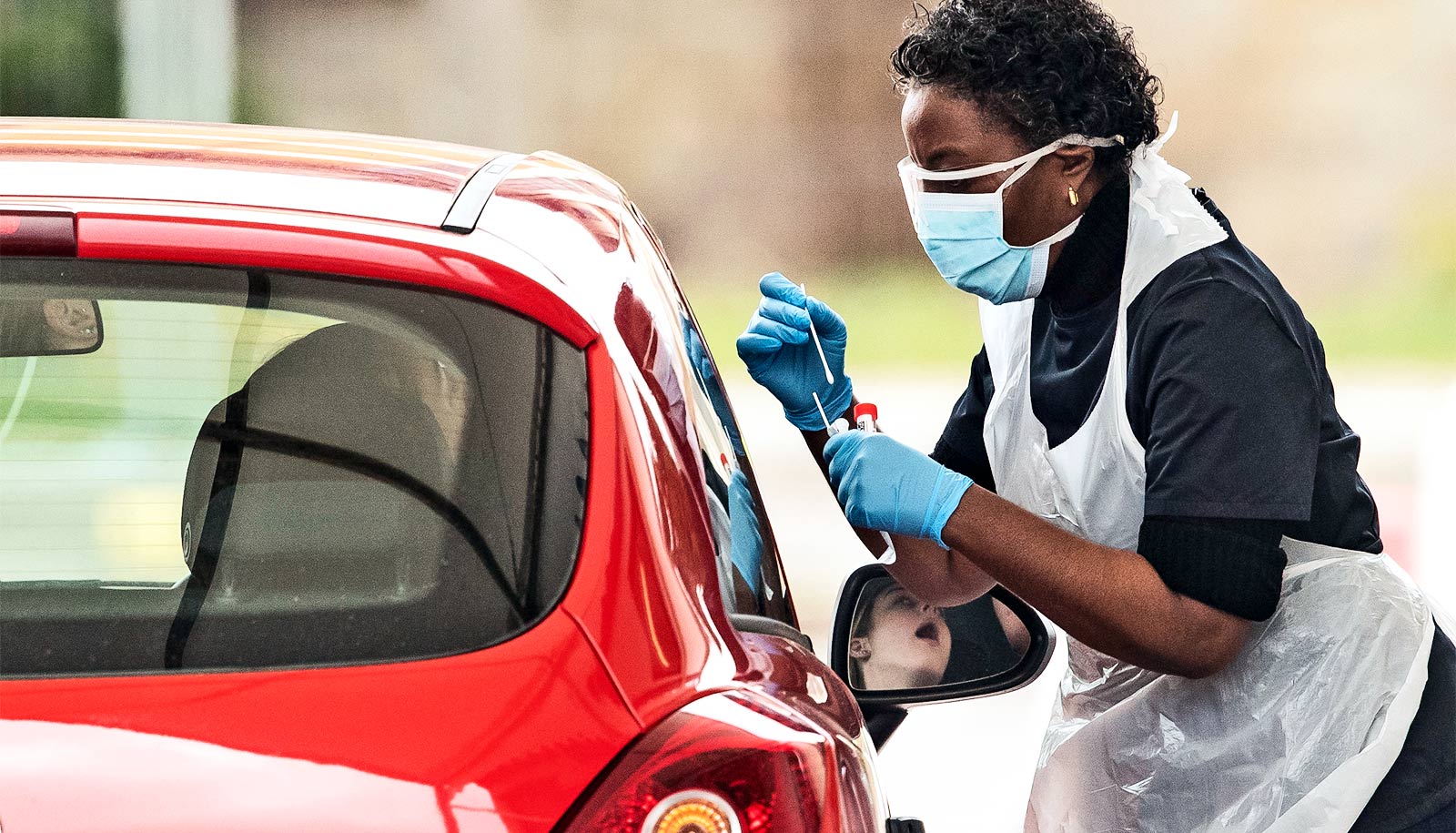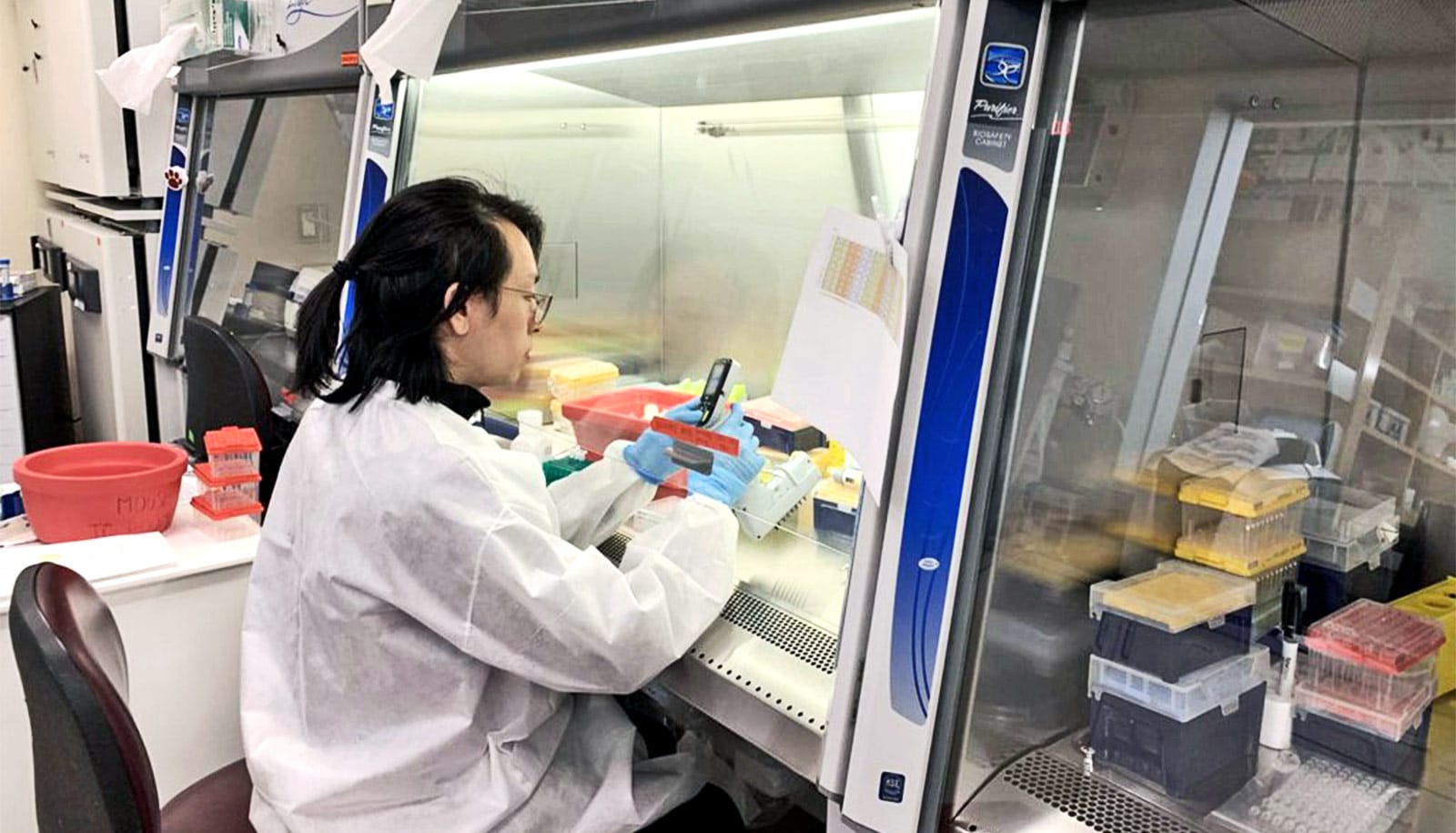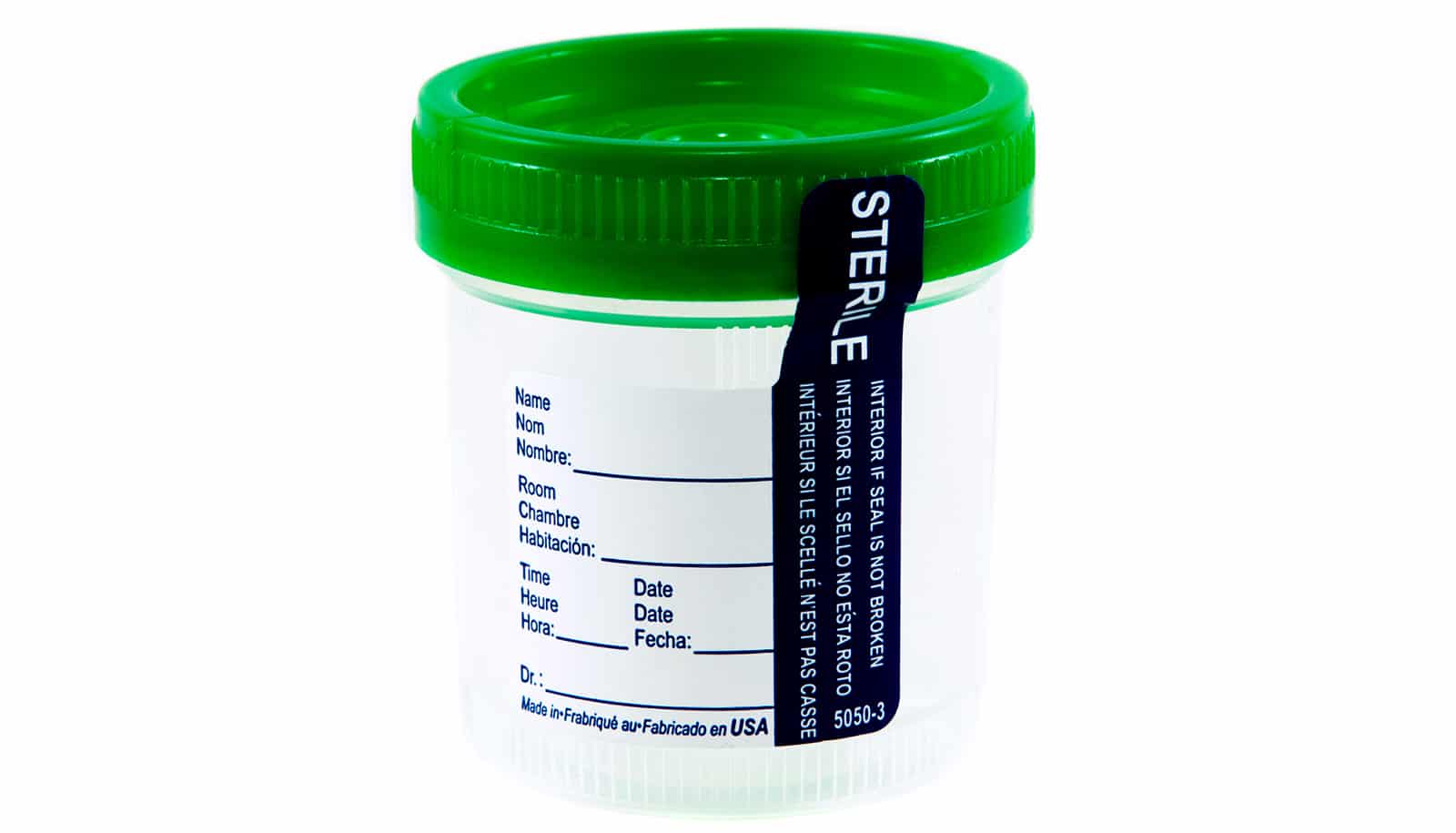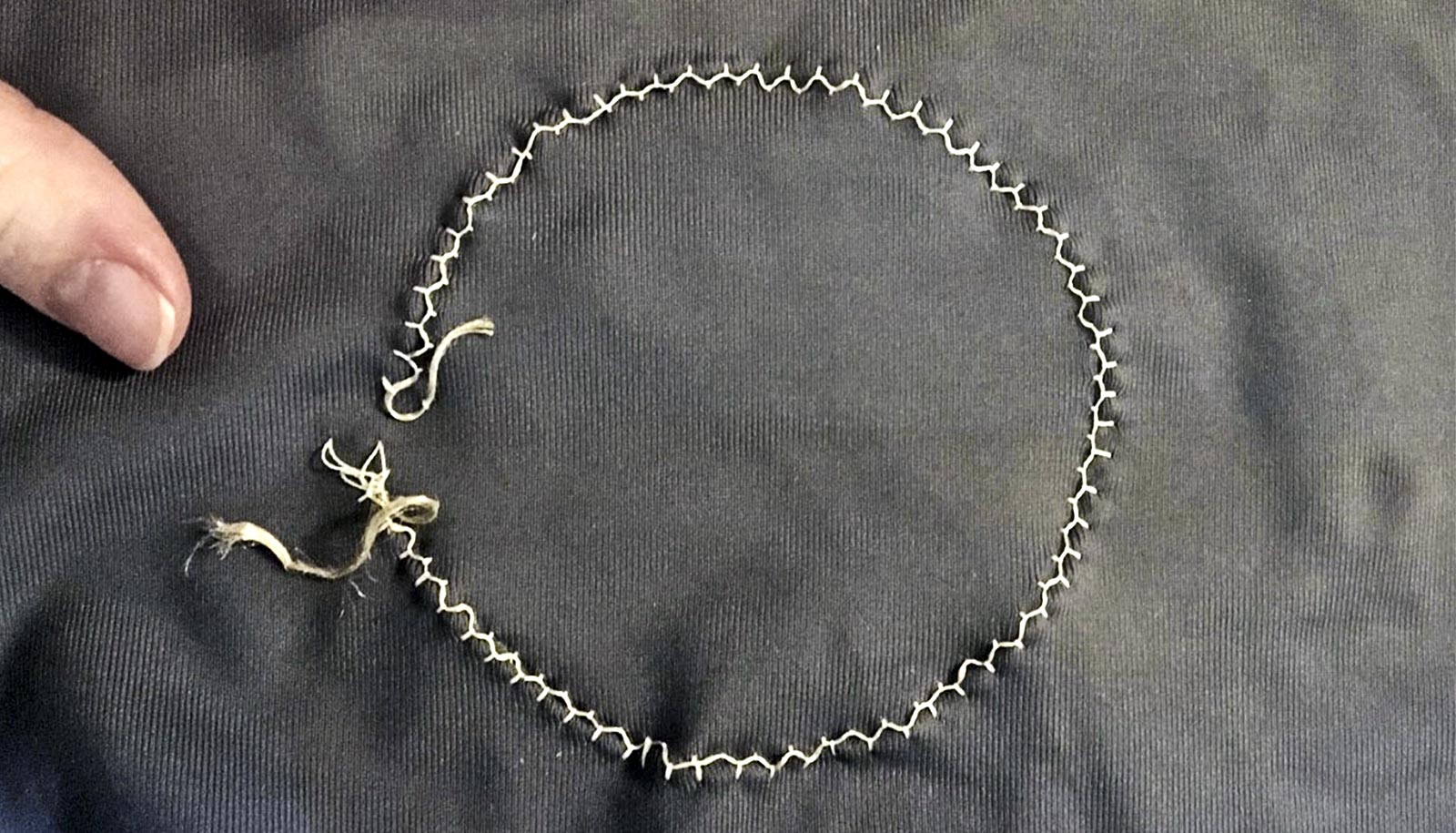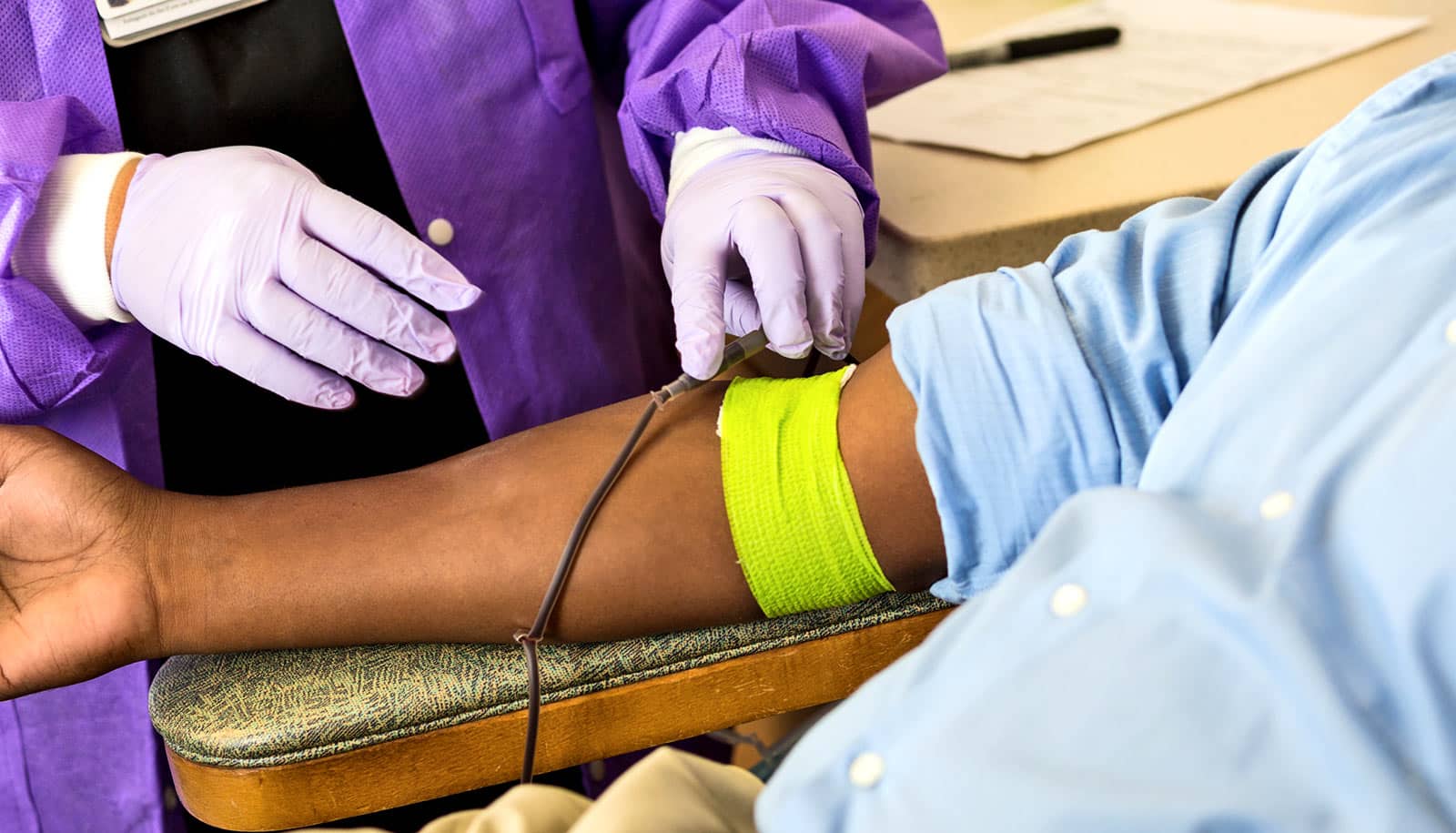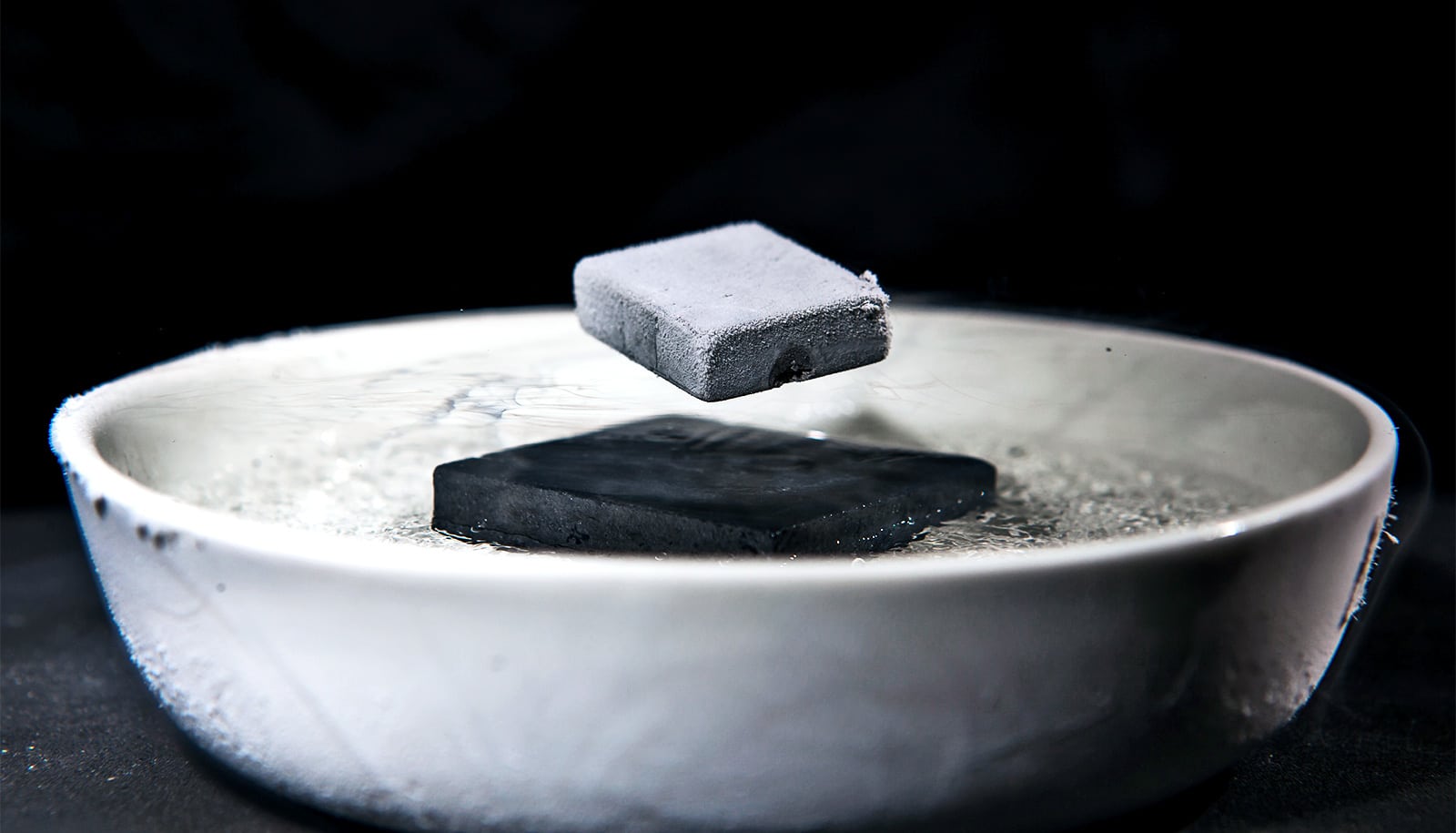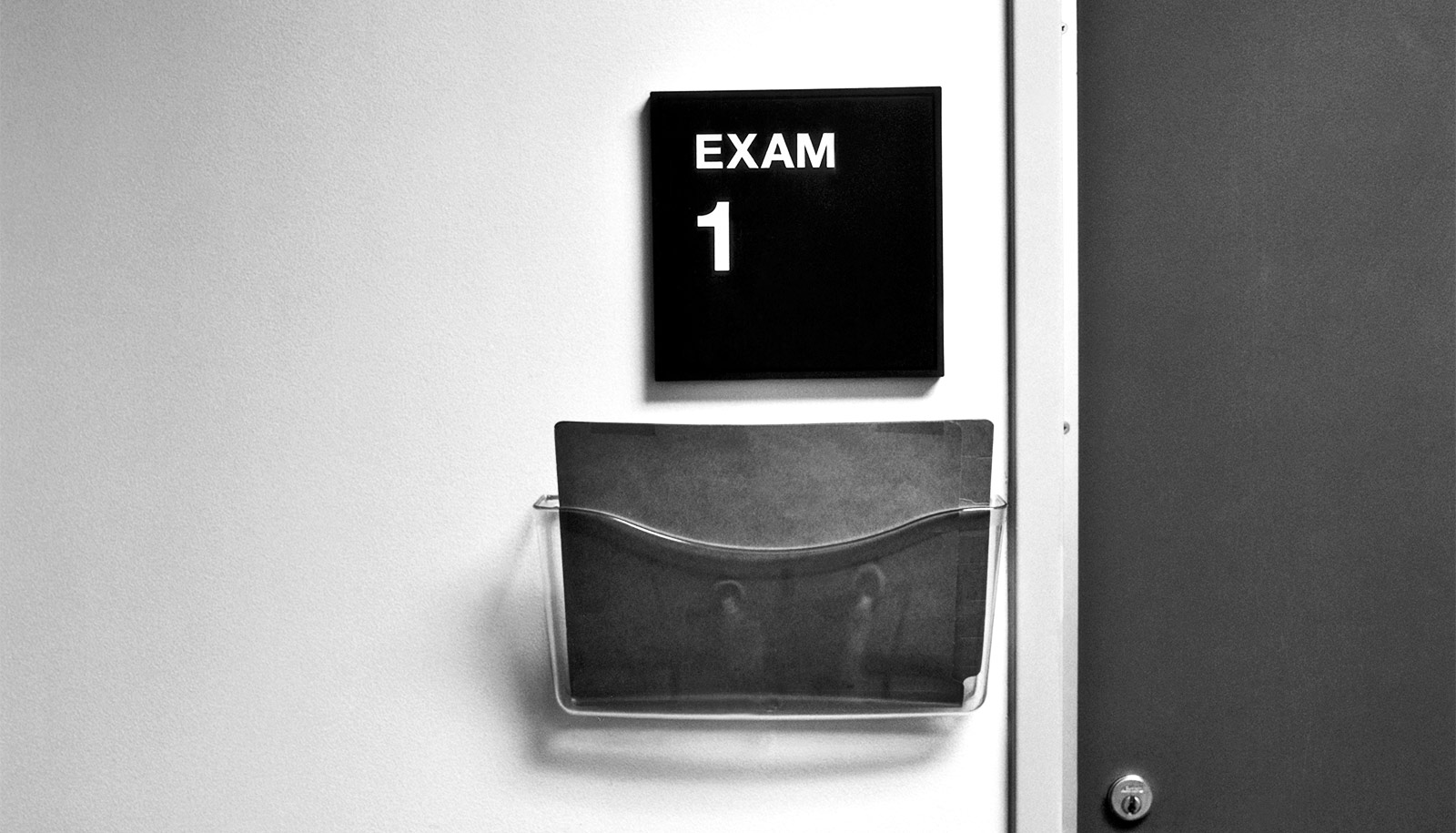Coronavirus: how we're creating a rapid test that could help halt the pandemic
Using antibodies to trap the virus could create near-instant pregnancy test-style kits.
Jonas Graversen, Associate Professor, Department of Molecular Medicine, University of Southern Denmark
• conversation
April 7, 2020 • ~6 min
April 7, 2020 • ~6 min
/
15

